By Kelly Brooks-Staub
Illustration Robin Jareaux
“E-mail is seeping into even the most remote of places from Internet kiosks in the jungles of Peru and Bolivia, to the African bush, to mountaintops, to neighborhoods without running water,” says Patricia Abbott, PhD, RN, FAAN, FACMI, Johns Hopkins University School of Nursing (JHUSON) assistant professor and secretariat for the Global Alliance for Nursing and Midwifery Community of Practice (CoP). “While there is still a great deal of technological apartheid, I personally have been surprised to see connectivity in some pretty unimaginable places.”
Abbott is co-director of JHUSON’s Collaborating Center for Knowledge, Information Management, and Sharing, a part of the World Health Organization (WHO) and Pan American Health Organization. In collaboration with WHO-Geneva and other partners, the center has launched the Global Alliance for Nursing and Midwifery Community of Practice to offer nurses and midwives around the world a forum for sharing ideas, best practices, and new knowledge.
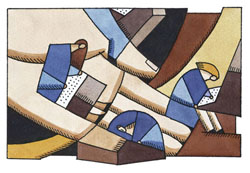
The CoP allows ideas and solutions to flow from Africa to South America, or just about anywhere worldwide, and opens new avenues for nurses, midwives and caregivers to communicate. Nurses in Bolivia, for example, recently used the online forum to ask advice on how to facilitate adherence to multidrug-resistant tuberculosis treatment protocols. A solution came from a nursing group in Kenya that has been working with its community’s tribal council leadership and the Ministry of Health to address the same issue.
To facilitate this inter-national dialogue, the CoP employs an electronic communication system that is specifically designed for use in remote and/or low bandwidth settings and requires only an e-mail address in order to participate.
Abbott sees the system as a mechanism to reach isolated nurses, midwives, and health workers who are desperate to communicate with others around the world. “I am often asked why we should spend resources to provide Internet services to an impoverished area with no running water and malnourished children. My answer is that access to information is power; lack of information is repression. By joining an electronic community, individuals gain the knowledge, power, and resources to change their lives and get things done in their real life communities.”
She adds, “If we can capture the knowledge of those who have been there before us and faced the same problems, we stop wasting precious resources on actions that do not work.”
The CoP was launched on September 11, 2006, with an Online Global Discussion Forum analyzing the contribution of nurses and midwives to health and to the achievement of the United Nations Millennium Devel-opment Goals. Through a seven-country video confer-ence, the Forum was intro-duced by Her Royal Highness Princess Muna Al-Hussein of Jordan and His Excellency Dr. S. Darwazeh, Minister of Health of Jordan. Guest experts from the World Health Organization, ministries of health, nursing and midwifery associations, and other organizations and institutions from around the world hosted and moderated the discussion. A webcast of the forum is available at http://128.220.242.236/jhu/viewer/.
The CoP electronic communication system has been developed with funding from the United States Agency for Inter-national Development, the United Nations Population Fund, and the World Health Organization. The project also is a component of the Information and Knowledge for Optimal Health (INFO) Project’s Implementing Best Practices (IBP) Knowledge Gateway at the Johns Hopkins University Bloomberg School of Public Health.
Nurses, midwives, and other health care professionals need only an e-mail address to join the CoP at http://my.ibpinitiative.org/public/ganm/.
 Part of a Journey
Part of a Journey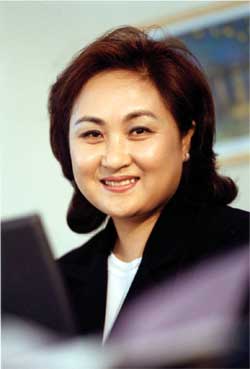 Prestigious Fellowship Will Advance Care in Korean-American Community
Prestigious Fellowship Will Advance Care in Korean-American Community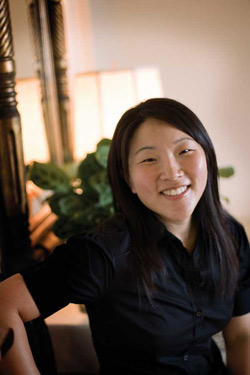 Why I Almost Quit Nursing
Why I Almost Quit Nursing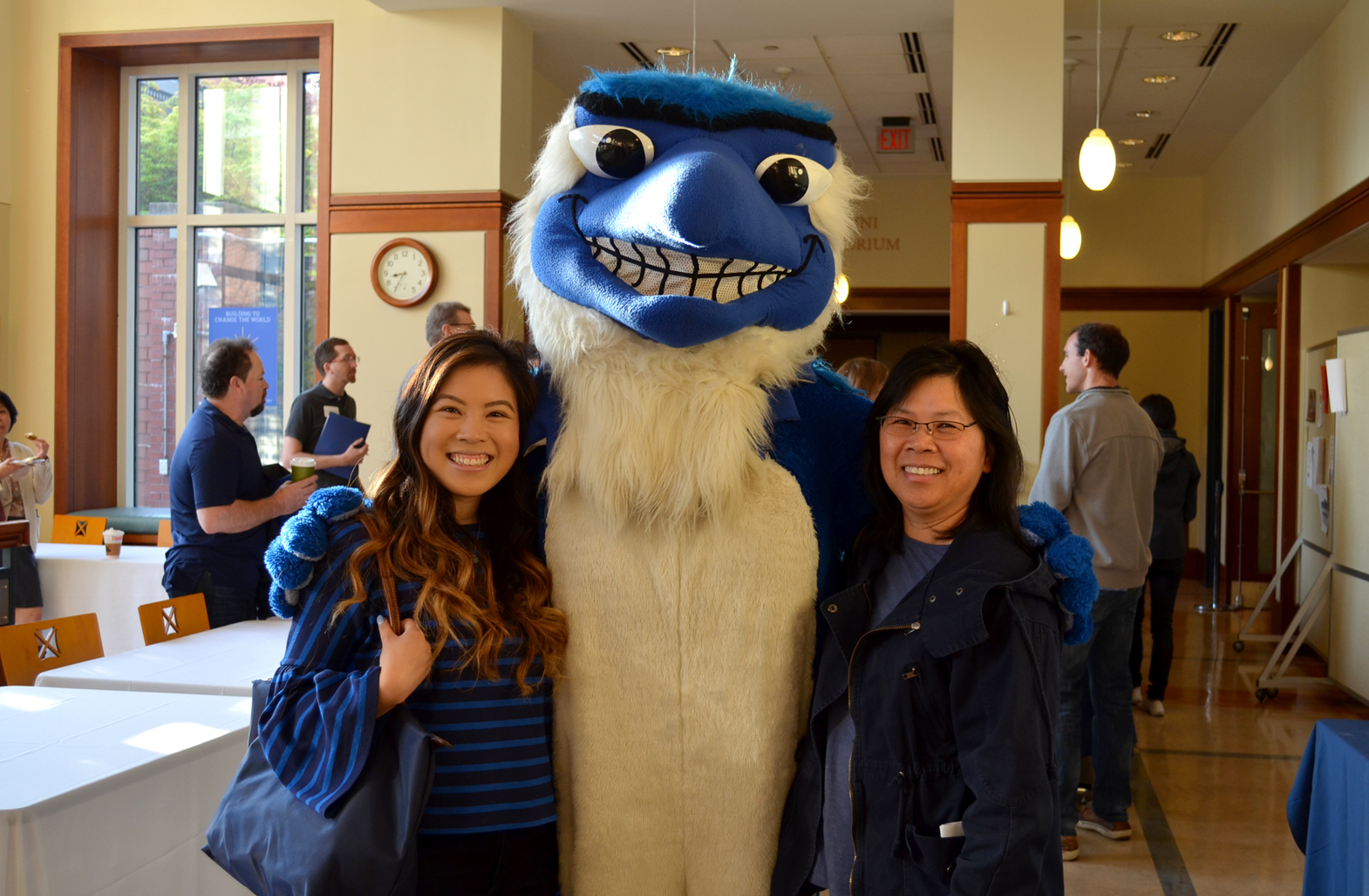 You’ve Been Accepted!
You’ve Been Accepted!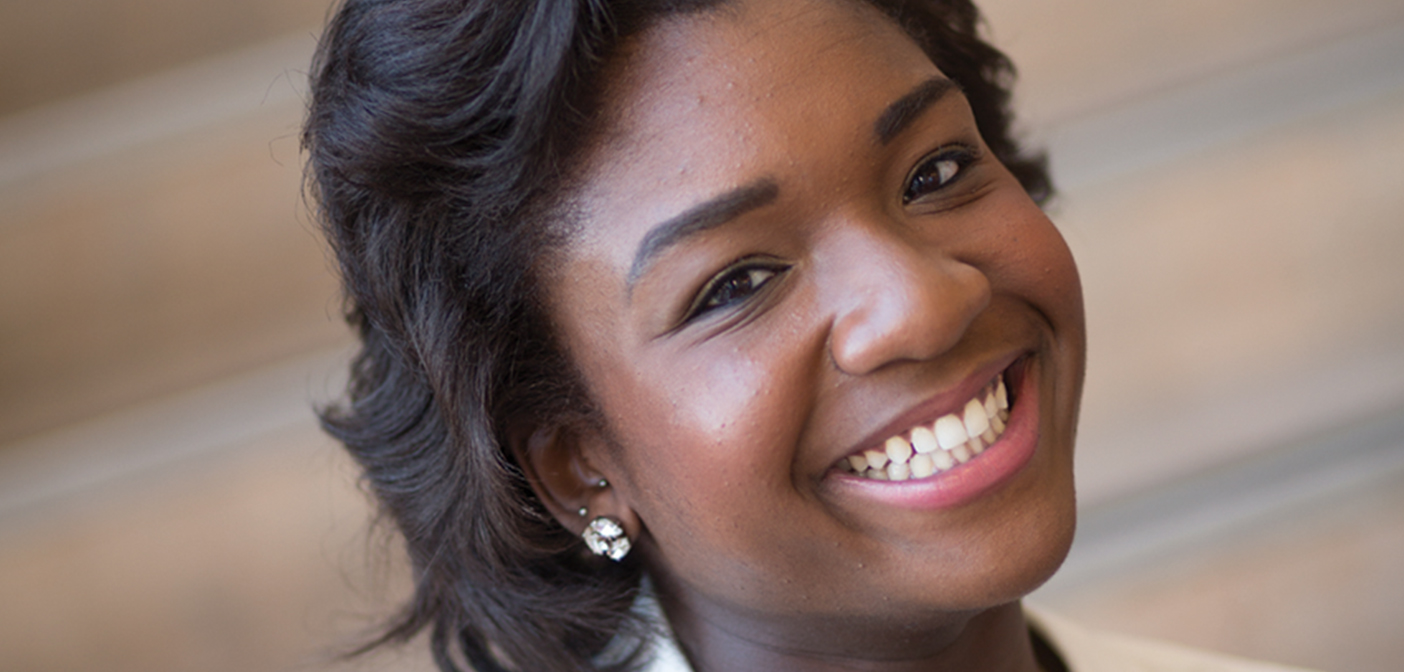 Student Q&A: Ashley Sayles, MSN candidate
Student Q&A: Ashley Sayles, MSN candidate







